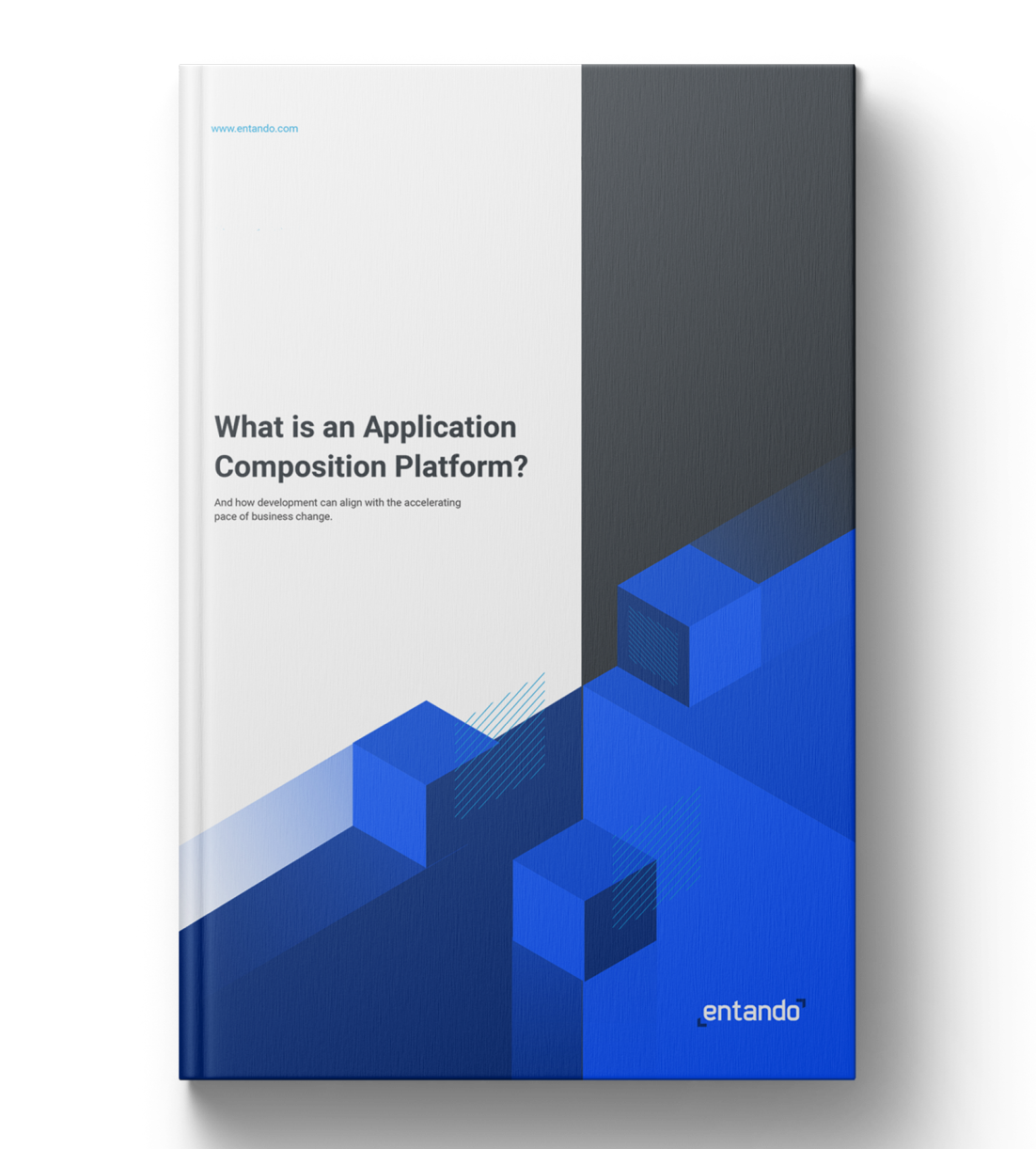
Why Business Leaders Should Care About Kubernetes
Kubernetes allows you to scale your business and deliver high quality digital experiences. Here’s how.
As web app development moves to the cloud, containerization is allowing organizations to more effectively scale applications while maintaining efficiency. But as an enterprise’s application needs grow more complex, they need a system to manage their growing number of containers.
Kubernetes is a container orchestration system that was developed and used internally by Google until they publicly released it in 2015. Its name comes from the Greek word for “helmsman,” or one who steers a large ship.
The open source platform exists to allow developers to easily manage their application containers at scale. By using Kubernetes, enterprises are able to automate the management of thousands of containers that carry your applications’ code, configuration, and dependencies.
For strategic leaders who are looking to scale their applications along with their business, here are 4 reasons to care about Kubernetes.
1. Kubernetes enables you to increase efficiency and keeps infrastructural costs down.
With Kubernetes, developers can determine the desired state for their containerized application, and Kubernetes is able to automatically manage containers to maintain that desired state. This includes the automated creation or removal of containers, as well as balancing workload across pods according to traffic. (A pod is the smallest deployable unit on Kubernetes and holds one or more containers.)
Organizations are able to automatically scale their applications up and down on Kubernetes based on demand, allowing them to optimize infrastructural resources and maintain cost-effectiveness.
Kubernetes also allows developers to deploy rolling updates to their applications in order to avoid any interruption to the user experience by updating pod instances incrementally. This avoids the possible damage to brand equity associated with downtime of an end-user facing application, as well as the costs to organizational productivity associated with downtime for an application vital to your business operations.
2. Kubernetes can deploy self-healing applications.
Developers are able to set up Kubernetes to do automatic health checks to ensure all the instances of your application are running properly. Furthermore, if an issue does arise, Kubernetes is able to diagnose it and bring your application back to a healthy state.
If a particular instance of your pod fails, Kubernetes has the ability to instantiate it with another worker, which makes your applications highly resilient, so that users are less likely to experience a break in service due to connection issues with your application.
3. Kubernetes allows you maintain flexibility and orchestrate containers on multiple infrastructures.
With Kubernetes, organizations can manage their containers across multi-cloud or hybrid cloud infrastructures. A multi-cloud infrastructure refers to enterprises utilizing more than one cloud provider. For instance, an organization may be using a combination of providers such as Azure, AWS, or Google Platform. On the other hand, hybrid cloud refers to using a private cloud, whether the datacenter is on-premise or third-party, in conjunction with a public cloud provider.
Nevertheless, enterprises have the ability to migrate onto Kubernetes on their current infrastructure, whatever it may be. Similarly, once you have migrated onto Kubernetes, you are not bound to maintain the same infrastructure, allowing you the flexibility to continue to easily make business decisions that most benefit your organization.
4. Kubernetes is the industry standard for container orchestration.
While other container orchestration systems exist, Kubernetes has quickly differentiated itself as the defacto container orchestration system. It is widely adopted, open source, and extensible.
In fact, it is estimated that 70 percent of enterprises will adopt Kubernetes within the next 3 years. Furthermore, other open source technologies such as Red Hat OpenShift have also been developed to extend Kubernetes functionality.
If business leaders are looking to have their organization develop containerized applications, Kubernetes is a proven and reliable platform.
Develop Kubernetes-native applications with Entando.
When release cycles take months instead of weeks, your business is left unable to deliver modern online experiences. Development bottlenecks slow your ability to make application updates, keeping you from iterating and innovating. And outdated or clunky UX keeps you from winning customers over and retaining them.
So that’s why we created a platform to help you get your ideas to market faster.
Entando is the leading micro frontend platform for building enterprise web apps on Kubernetes. We want to change the way enterprises think about building their apps, sites, and portals in order to innovate more quickly.
With Entando, you can leverage customized blueprints to quickly create micro frontends and assemble them onto a single page. Then reuse UI/UX components across multiple projects via the Entando Component Repository, saving money and increasing development speed. Scale quickly and effectively with Entando’s custom Kubernetes operator, automating the deployment of scalable, self-healing applications.
Entando is open source with available enterprise support. Begin developing on the platform today, and get a quote to see how our Professional Services team can help your enterprise build better apps, sites, and portals--faster.
